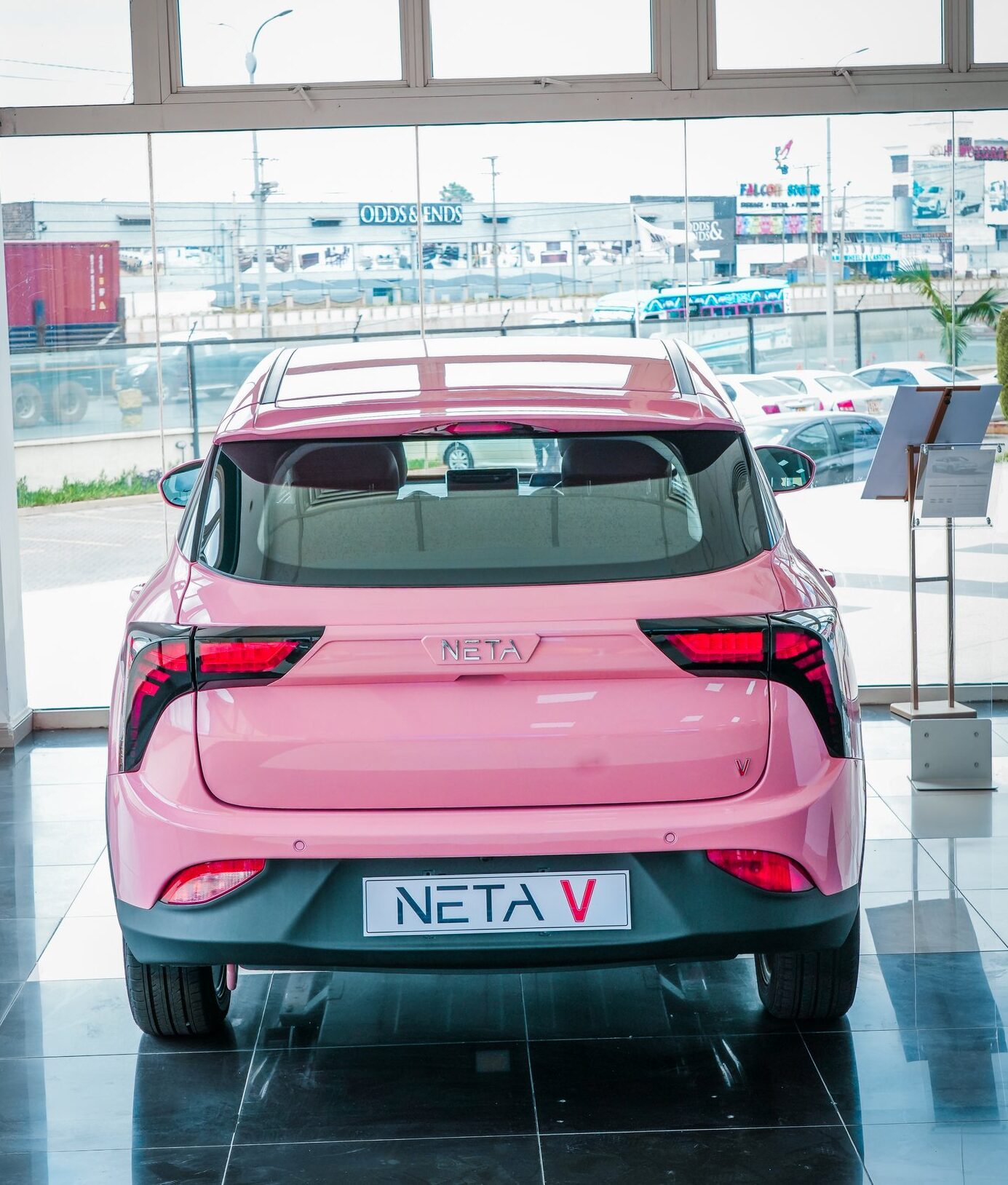Sign up for daily news updates from CleanTechnica on email. Or follow us on Google News!
Berkeley Lab study reveals how industry engages with energy host communities when developing large wind and solar projects.
The increasing deployment of utility-scale wind and solar energy across the US highlights debates about the appropriate role for the public in siting and permitting decisions. Important to these discussions is a thorough understanding of the current engagement practices and perspectives of solar and wind project developers. This study provides important insights into current industry practices, developers’ preferences for community input, and potential challenges associated with engagement.
The study, published in Energy Research and Social Science in an open-access format, is available here: https://emp.lbl.gov/publications/halfway-ladder-developer-practices.
The authors will host a webinar covering the study results on August 29, 2024, at 9 AM PT / 12 PM ET. Register here: https://lbnl.zoom.us/webinar/register/WN_vNVHmIK2QFi6_I19TmSwVA
Drawing on the responses of 123 professionals from 62 unique development companies, key takeaways from this study are:
- Developers report increasing challenges to community engagement, such as organized opposition, the spread of misinformation, high costs, and lack of evidence about which strategies to address opposition are the most effective.
- Developers commonly use a variety of engagement strategies, including adjusting project designs and negotiating compensation, in response to this community feedback, which offer examples of likely productive ways communities and developers can co-design some aspects of projects. Community ownership, which is commonly cited as an effective way to engage community members, is rarely employed for these large-scale projects.
- The public is generally not notified of project proposals until after site control, when the land for the project has already been secured through lease or purchase, which limits the amount of project changes that are possible in response to community feedback.
- Industry expenditures on community engagement are small in comparison to other project development costs, often representing less than 0.1% of average total capital expenditures, pointing to a potential opportunity to increase efforts without significantly affecting project costs.
- Developers prefer that the public provide input into siting decisions, but not recommend specific project decisions nor directly make project decisions, meaning collaborative relationships with communities might take developers out of their comfort zones.
Advocates for procedural justice in the energy transition typically envision greater levels of citizen involvement in decision making than is exhibited by these current trends, demonstrating a need for greater dialogue across different types of stakeholders to make recommendations or formulate best practices about meaningful public engagement. The focus of this study is limited to the perspectives of project developers, but additional research is underway to examine the viewpoints of other stakeholders such as project neighbors and permitting officials.
Additional information and results from this survey were previously published and available at: https://emp.lbl.gov/publications/survey-utility-scale-wind-and-solar.
We thank the U.S. Department of Energy’s Wind Energy Technologies Office for their support of this work and the numerous individuals and organizations who generously provided data and reviewed our study.
We thank the U.S. Department of Energy’s Wind Energy Technologies Office for their support of this work and the numerous individuals and organizations who generously provided data and reviewed our study.
The Energy Markets and Policy Department at Berkeley Lab conducts technical, economic, and policy analyses of energy topics centered on the U.S. electricity sector.
Courtesy of Robi Nilson, Joe Rand, Ben Hoen, and Salma Elmallah, Lawrence Berkeley National Laboratory
Have a tip for CleanTechnica? Want to advertise? Want to suggest a guest for our CleanTech Talk podcast? Contact us here.
Latest CleanTechnica.TV Videos
CleanTechnica uses affiliate links. See our policy here.
CleanTechnica’s Comment Policy







